Join getAbstract to access the summary!

Join getAbstract to access the summary!
James K. Hammitt
The Future Costs of Methane Emissions
An analysis of the costs of climate change caused by adding one tonne of methane to the atmosphere finds that high-income regions of the world should spend much more on efforts to lower such emissions than should low-income regions.
Nature, 2021
What's inside?
High-income regions should spend more to lower greenhouse gas emissions than poorer regions.
Recommendation
By comparing the human costs of climate change with actual monetary losses, a research group determined that the world’s high-income communities should pay more to reduce greenhouse gas emissions than poorer populations. In this Nature article, James K. Hammitt, a professor of economics and decision sciences at Harvard University, analyzes the value “SC-CH4” used by the researchers to pursue more precise measurements of the social costs and detrimental changes caused by greenhouse gas emissions over time. The study points toward a more equitable, effective way to pay for climate change effects worldwide.
Summary
About the Author
James K. Hammitt is a professor of economics and decision sciences at the Center for Risk Analysis at the T.H. Chan School of Public Health, Harvard University.









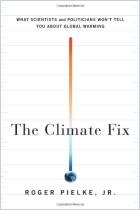
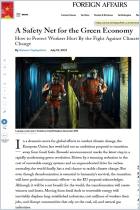
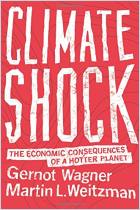
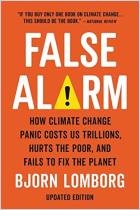

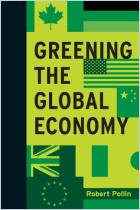




Comment on this summary